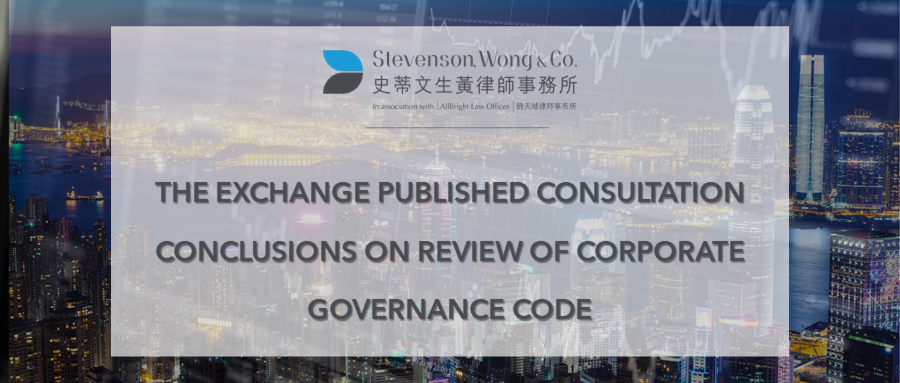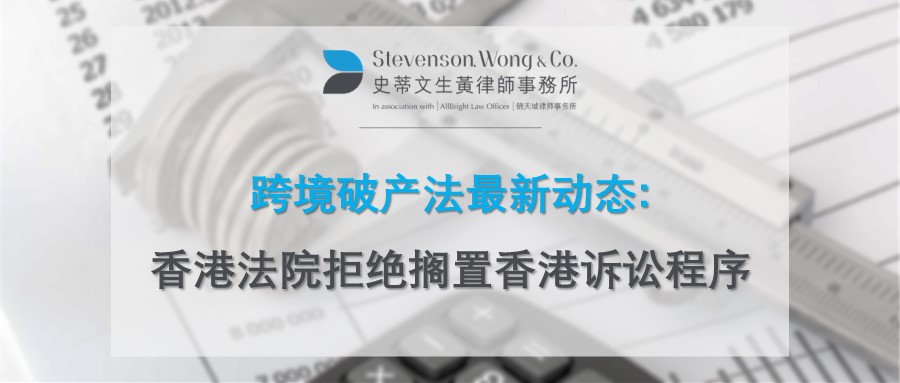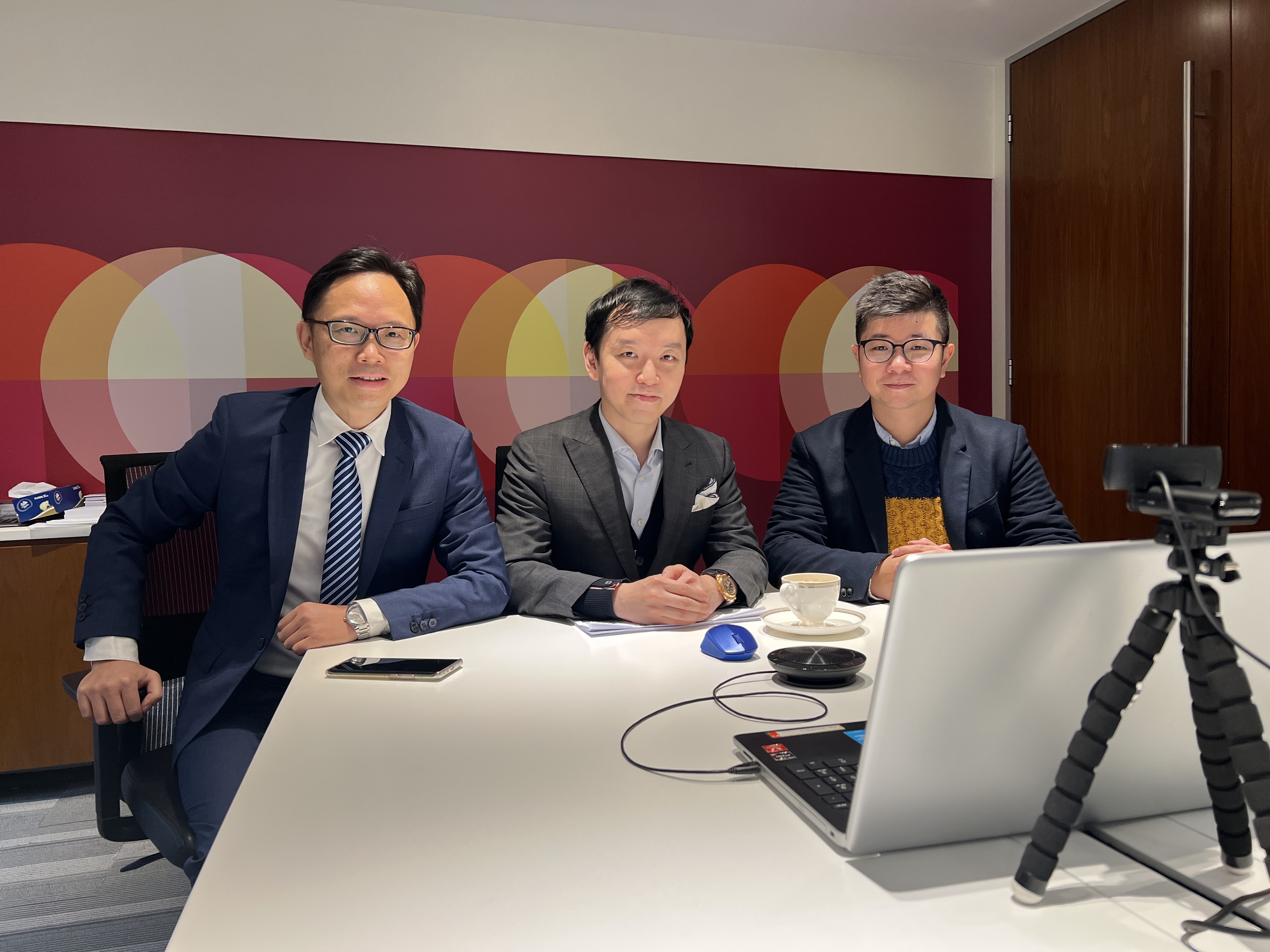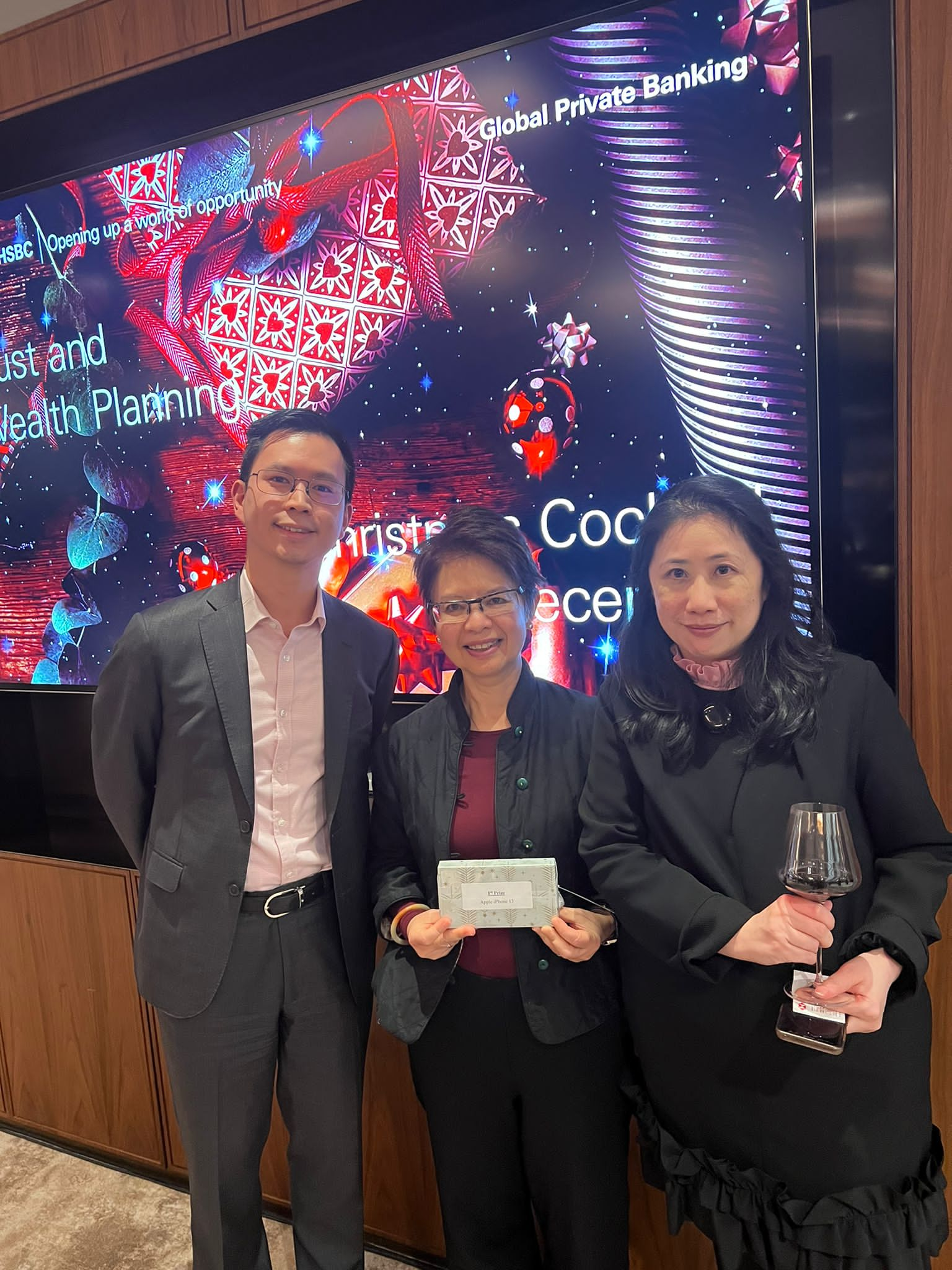Reuters Beijing recently interviewed our Partner Mr. Gordon Tsang regarding his views on China concept stocks turning to Hong Kong for listing. Mr. Tsang pointed out that the strengthening control of the US stock market and the proactive reform of the Hong Kong Stock Exchange (HKEX), including the new listing regime for special purpose acquisition companies (SPAC), will reinforce the return of China concept stocks.
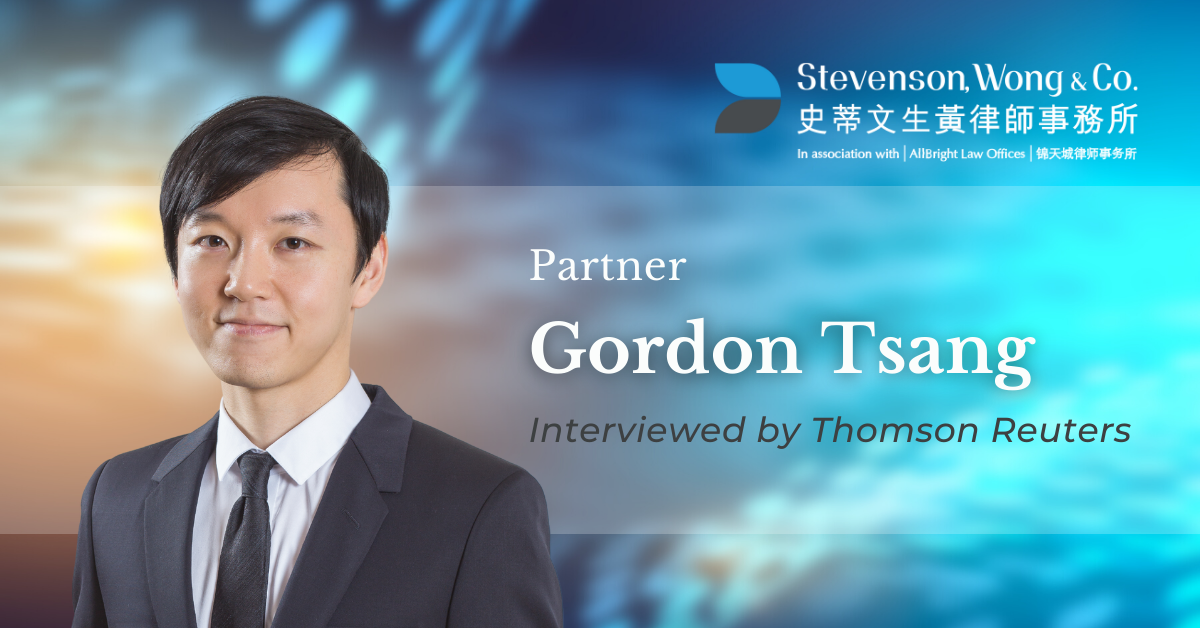
Mr. Tsang said that technology companies and start-ups such as blockchain and electric vehicles might find it difficult to be listed through traditional IPO methods. However, the new SPAC listing regime to be launched by the HKEX next year will allow more flexibility and therefore, set an easier path for those companies to be listed in Hong Kong. Mr. Tsang added that, “The returning China concept stocks have greater development opportunities. Not only have they gained high attention and recognition, but also a positive impact on their valuation, stock liquidity, stock trading volume and financing capacity.”
For more information, please contact our Partner Mr. Gordon Tsang, or click here to view the complete interview (only available in Chinese).

